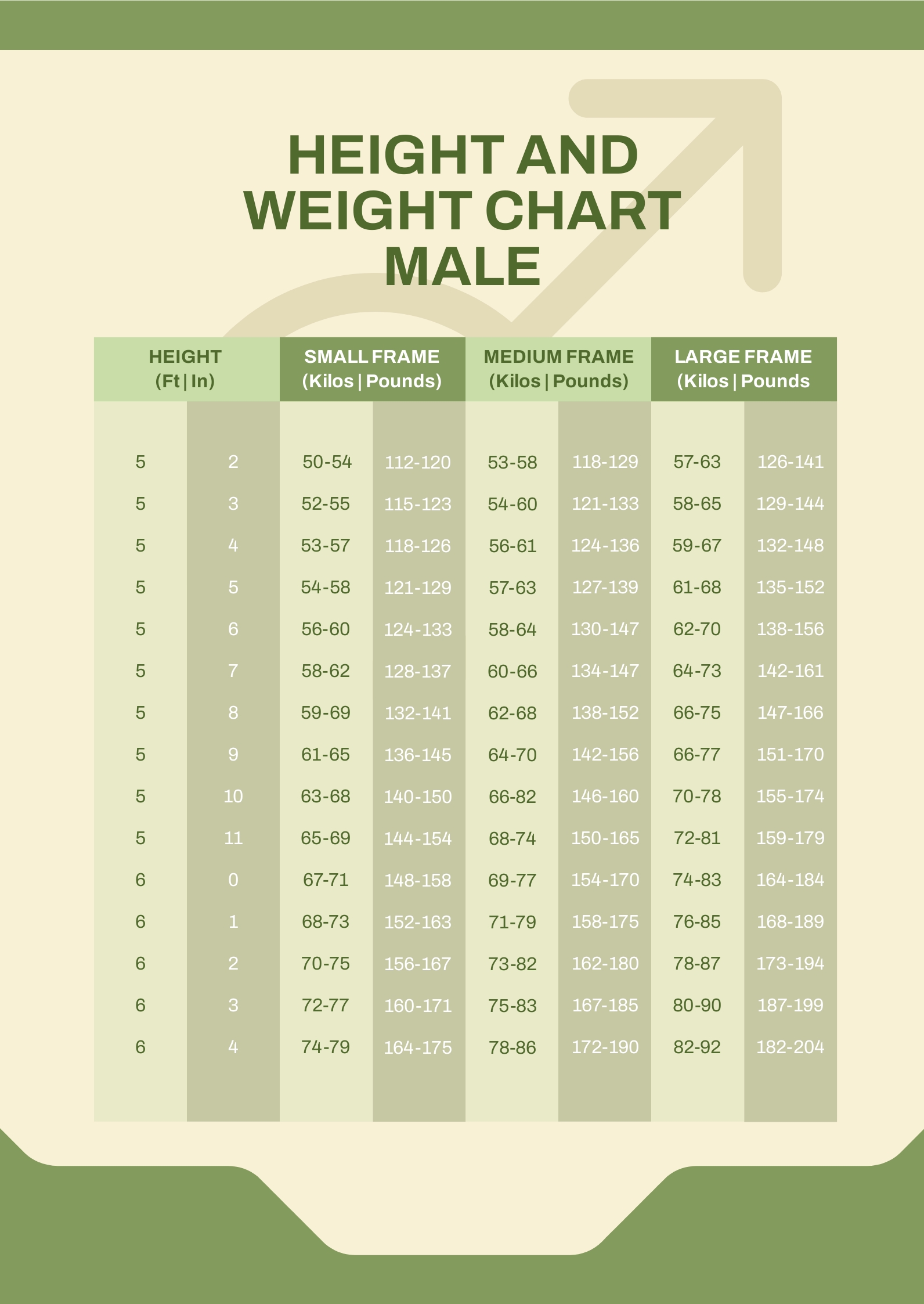It’s not often that a scientific acronym sparks conversations at dinner tables, in offices, and even across social media. Yet GLP-1 has done exactly that. For many, it’s more than just a medical term — it represents hope, a tool to finally break through years of frustration with dieting and weight loss struggles. But does it really work? Do people actually lose weight with GLP-1, or is it simply another passing trend wrapped in hype?
Let’s start with what GLP-1 actually is. GLP-1 is a hormone your body naturally produces in the gut after eating. Among its many roles, it signals fullness to the brain, slows down how fast food leaves the stomach, and even helps regulate blood sugar. Scientists quickly realized that if you could mimic or enhance this hormone with medication, it could make people feel satisfied with less food. That led to the rise of GLP-1 medications — originally designed for type 2 diabetes but now being prescribed widely for weight loss.


And the results? They can be striking. Clinical studies consistently show that people taking GLP-1 medications lose a noticeable percentage of their body weight over time, often more than with lifestyle changes alone. Many patients describe it as if a noisy hunger switch in their brain has finally been turned down. Suddenly, the constant tug-of-war with cravings feels less exhausting. Meals become about necessary nourishment instead of overwhelming temptation.
Take Jane, for example. At 42, she had tried nearly every diet she could find, from low-carb to juice cleanses. Nothing truly worked long-term. When her doctor recommended a GLP-1 treatment, she was skeptical. Six months later, she’d not only lost weight but also felt freer from the relentless mental chatter around food. “For the first time I wasn’t always hungry,” she said. “That gave me the space to actually make healthier decisions without feeling like I was battling myself.”
Of course, not every story is so straightforward. Some people don’t respond as dramatically. Others may struggle with side effects like nausea or gastrointestinal discomfort, especially in the beginning. Cost can also be a barrier, since these medications are expensive and insurance coverage varies. And here’s an important point often left out of the glossy success stories: if GLP-1 treatment is stopped, the weight often creeps back. This isn’t a one-time magic fix; it’s an ongoing therapy that works best when combined with lifestyle changes.
But here’s what’s undeniable: GLP-1 medications have shifted the landscape of weight management. For decades, people were told that weight loss was only about willpower, discipline, and endless cycles of dieting. Now, we understand that biology plays a much bigger role than we once admitted. GLP-1 makes that visible. It gives people a chance to fight with their biology on their side, not against it.
So do people lose weight with GLP-1? Yes — and for many, it can be life-changing. But the deeper truth is that it isn’t just about the number on a scale. It’s about reclaiming energy, confidence, and sometimes even hope that had been buried under years of struggle.
If you’ve been curious about GLP-1, the best first step is not scrolling through before-and-after photos online but talking with a qualified doctor. The treatment isn’t right for everyone, but it might be right for you. Imagine if managing hunger stopped being the battle you faced every single day. Imagine what else you could focus on with that mental weight lifted.
Sometimes it isn’t about “trying harder.” Sometimes it’s about changing the tools you’re given — and GLP-1 might just be one of the most powerful tools modern medicine has to offer.



